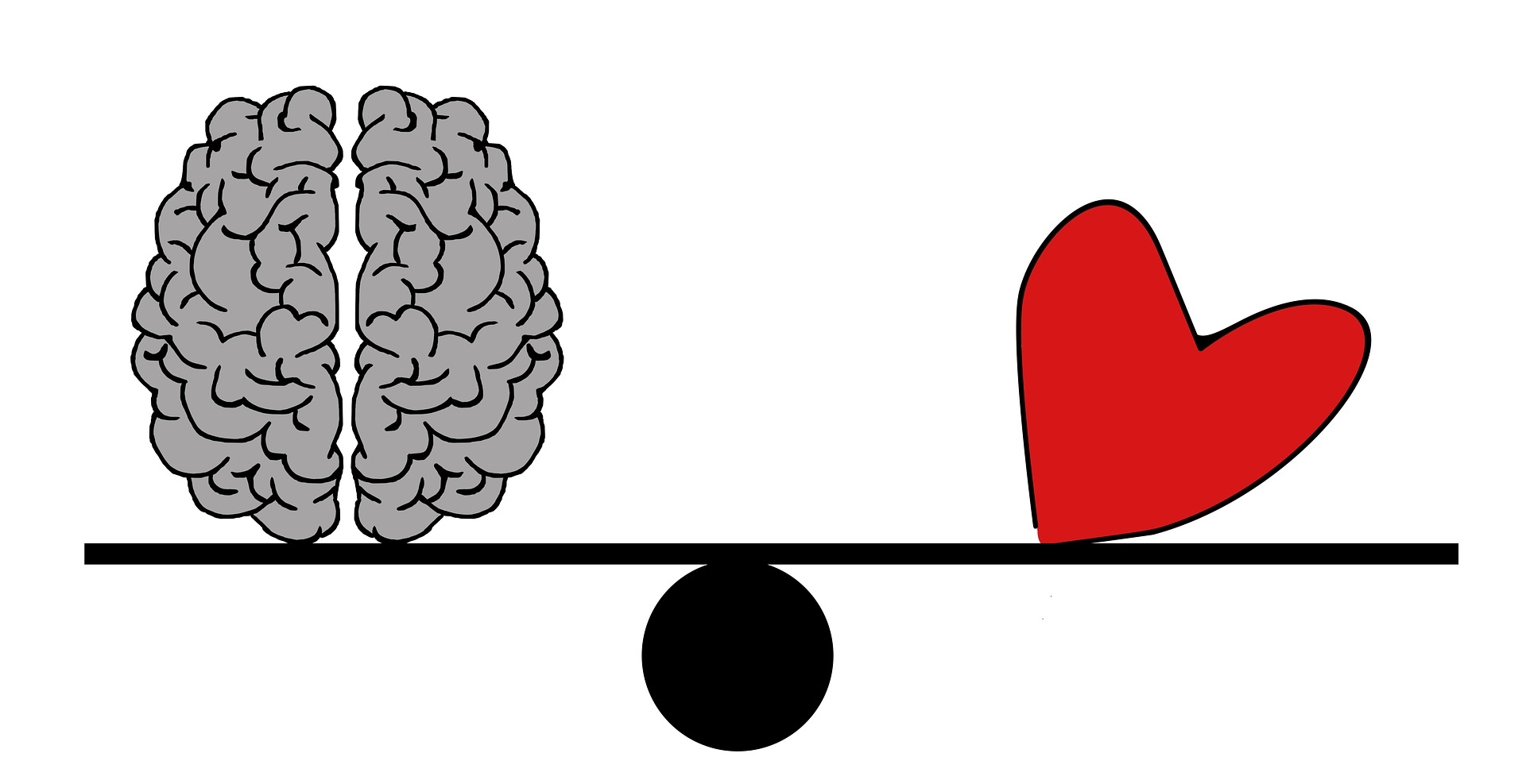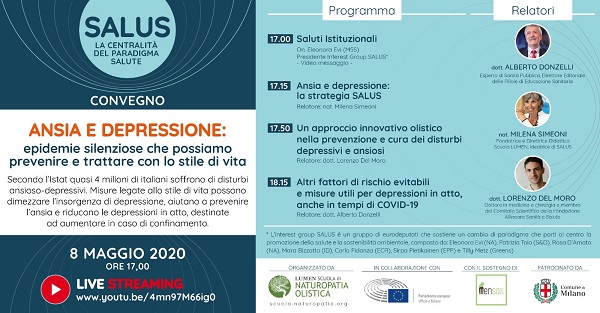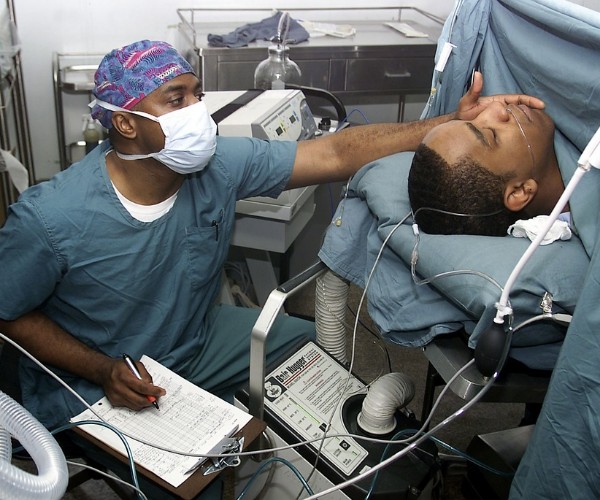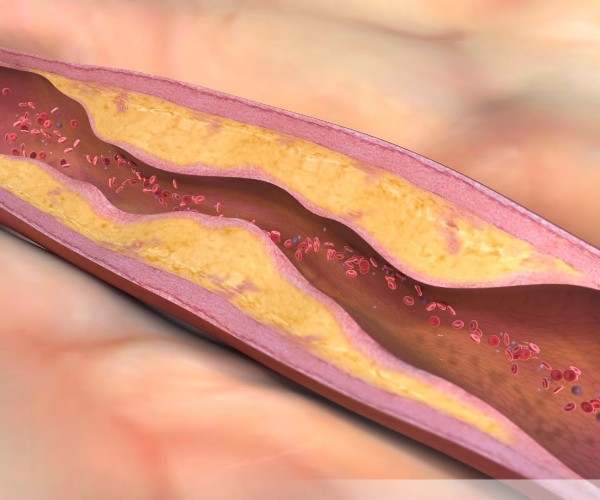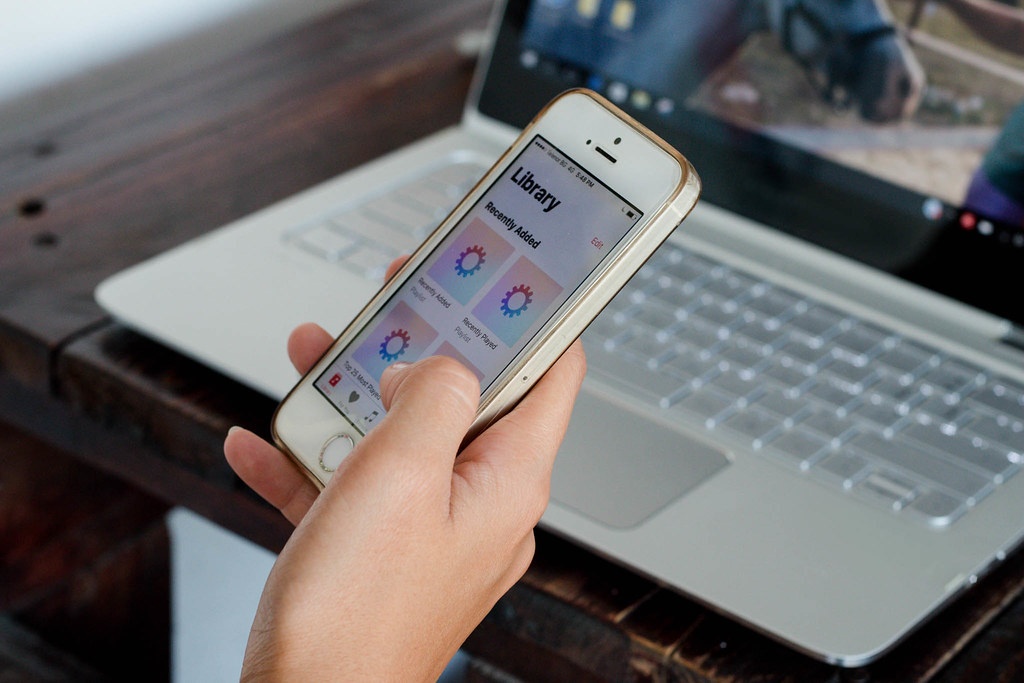When it comes to empowerment we are basically talking about a slow and gradual process of health literacy, that is, an action to spread a social concept of health, where all people have the right, but also the duty, to be well informed about health issues and the diseases that affect them, so that they can participate as protagonists in treatment and not suffer it passively.
Especially in major systemic diseases and those with a strong social component, empowerment assumes a key role in disease prevention, increased compliance, and ultimately also in lowering health care costs.
Theempowerment of the
diabetic patient
thus represents a new method in the treatment of diabetes and obesity, a process through which patients gain the knowledge and awareness they will need to change their lifestyle while improving its quality.
This pathway leads to a fairer and more equal relationship between the health care provider and the patient, in which the latter, by deciding to take responsibility for conducting medical care, becomes more cooperative and helpful, achieving better results in the containment of symptoms and up to a possible recovery from the disease. The patient, in sharing with the attending physician, takes a behavioral line that also allows him or her personal and emotional growth. The potential of empowerment, especially in complex issues such as in diabetic disease, is indeed considerable, being able to foster the behavior of individuals, then their families, and then society as a whole.
But what does health literacy consist of?
It means being able to understand the mechanisms of health and its pathways, but not as something dropped from above, but rather by making knowledge one’s own so as to be able to act correctly in health-related activities and events, such as:
- Carefully follow and learn the dosage of drugs and correction parameters for insulin according to the dialectologist’s instructions.
- Learn how to interpret drug package inserts and read the labels of foods covered in one’s diet.
- Know and be able to apply the insulin/carbohydrate ratio.
- Be familiar with deciphering disease monitoring charts.
- Keep informed about risks and benefits related to health care in order to make quick and balanced decisions.
Health literacy can help patients with diabetes stay healthy, allows them to avoid dangerous incidents such as those that can come from severe hypoglycemia, or incorrect intake in insulin dosing.
Health literacy is directed to all patients, regardless of economic status and level of education and social conditions. Even people with little education can master the simple mechanisms of literacy and gradually learn to manage their disease with a greater sense of responsibility.
All this intends to improve the doctor-patient relationship, care outcomes, and decrease emergency interventions and long hospitalizations.





